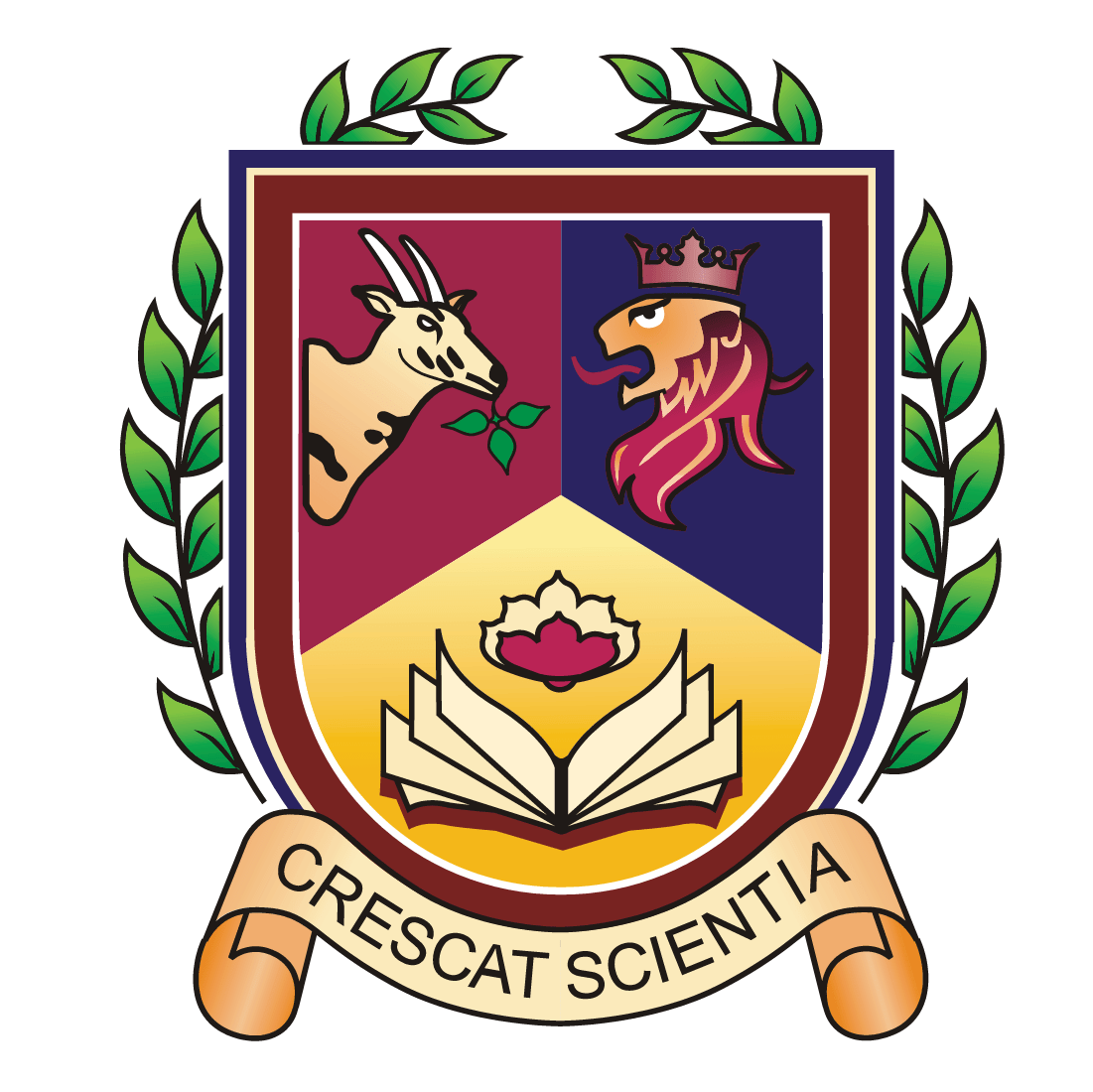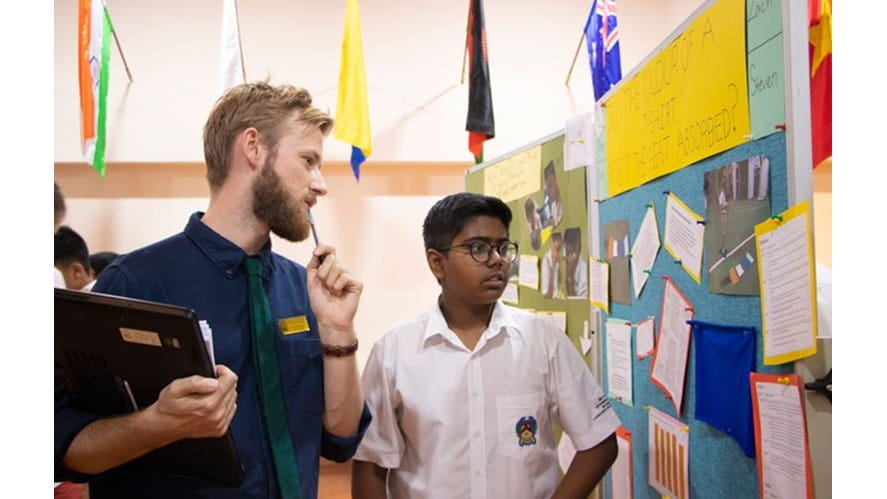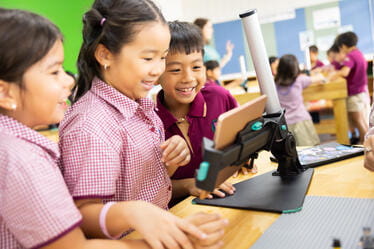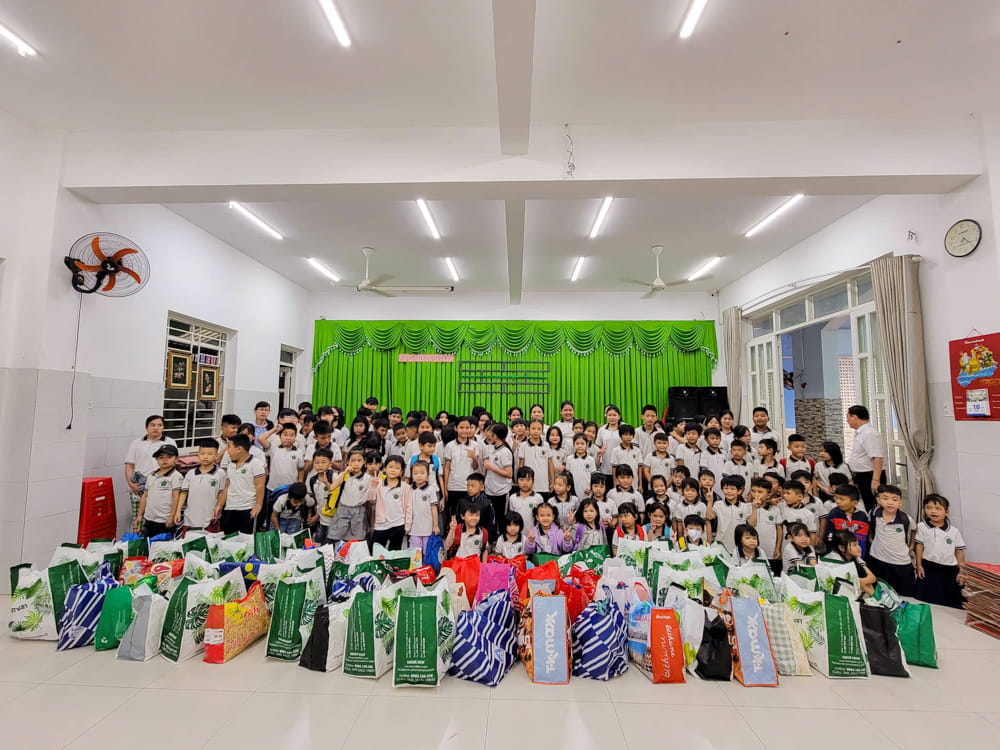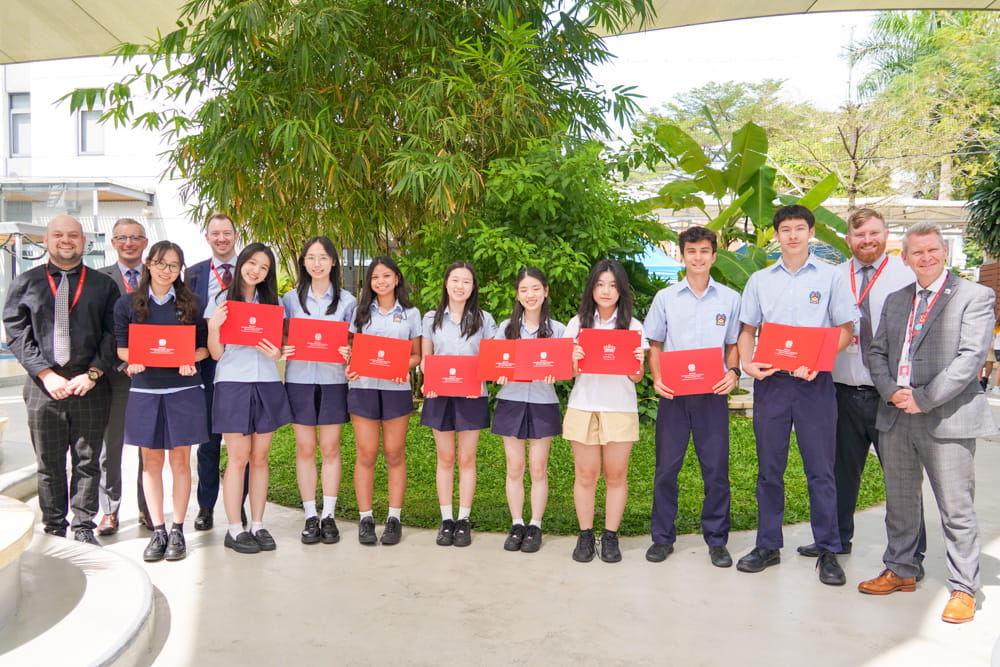BIS Year 8 Science Fair 2019 What makes a science fair project such a great learning experience is that it involves working like a real scientist!
What makes a science fair project such a great learning experience is that it involves working like a real scientist!
A Science Fair project is one of the best learning experiences for our science students in Year 8. Preparing a science fair project is an excellent example of what education experts call active learning or inquiry. It is a very effective instructional method; it is recommended as a cornerstone of successful science teaching.
In theory, a science fair project is straightforward. A student carries out some background research in the library or online in an area of science that interests them, creates a testable research question, carries out their experiments and presents their findings.
But it is never this straightforward. What makes a science fair project such a great learning experience is that it involves working like a real scientist! Creating an interesting and testable research question that allows you to collect quantitative and qualitative data is no easy task, especially if you want to do something that relates to a real-world problem as many of our students did.
We had students investigating flammability of fabric softeners, how to maximise the growth of crops, factors that affect our working memory, the effect of different ingredients on foods, the effectiveness of hand soaps on bacteria, and if food labelling in Vietnam is accurate.
After this, there is the continual testing, evaluation and re-designing the methods by which to collect the data that takes a great deal of critical thinking and perseverance. Once the data has been collected, the students then need to analyse their findings, process the data using their mathematical skills, present them as graphs and fully understand their scientific findings.
But it doesn’t end there…
The students write up their full lab report, select appropriate information for their display boards, and then talk about their project to teachers, parents, pupils, and six external real scientists that are the judges of the competition. The students learn the importance of fine-tuning their presentation skills in ways that convey a deep understanding of the scientific process to impress their judges. This mirrors just what a professional scientist has to do as they compete for funding to continue their research.
Throughout the whole process, students have to work effectively in teams, organise what they are each responsible for, and plan how to use their time effectively to meet a real deadline; skills of immense importance as our students grow up! And of course, learning about science is at the heart of a science fair project. Our society relies more on science every day, and science fairs are a great way for our students at BIS to become more knowledgeable about the world around them.
Thank you to our six real scientists who judged the Year 8 Science Fair 2019; Mary Chambers, Leigh Jones, Philip Ashton and Hannah Clapham from the Oxford University Clinical Research Unit, as well as William McFarland and Nha Bach.
Congratulations to the following students who impressed the judges and placed 1st, 2nd and 3rd overall:
1st Place - Zenia Mistry, Ruby Huynh
How does the concentration of disinfectant affect the growth of bacteria?
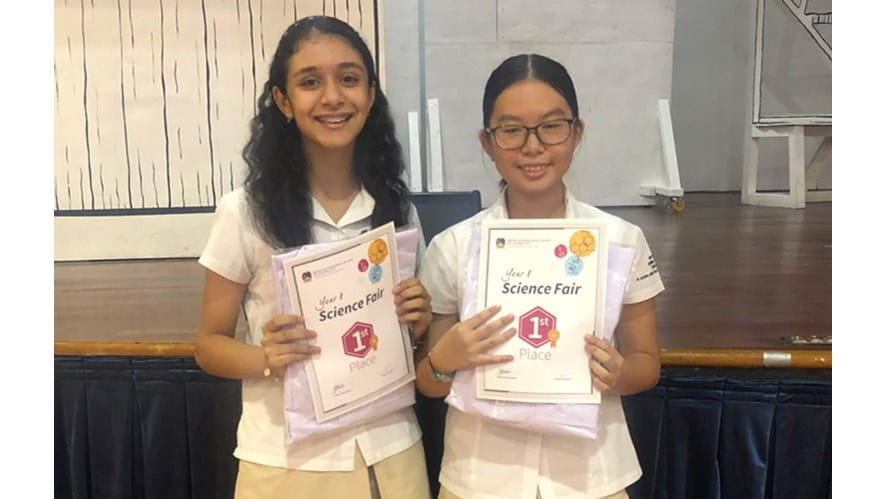
Comments from Judges: Very clear hypothesis and research question, great design with repeat trials, excellent detailed interpretation of results with clear conclusions. Excellent display, confident and articulate about all aspects of the project
2nd Place - Tu Tu Nguyen, Mina Huynh, Harry Rowe, Hannah Fang
How do different wavelength of lights affect the length of the stem mung beans when measured every day for 14 days?

3rd Place - Min Young, Quynh Anh, Khanh Dan, Kim Ngoc Quy Luong
Does your hair colour affect how hot your head is?

Comments from Judges: Good experimental design with multiple control variables, students very interested and passionate about their project, clear raw data and logical analysis, clear tables and explanations when presenting.
Ms Danielle Fountain, Head of Biology


